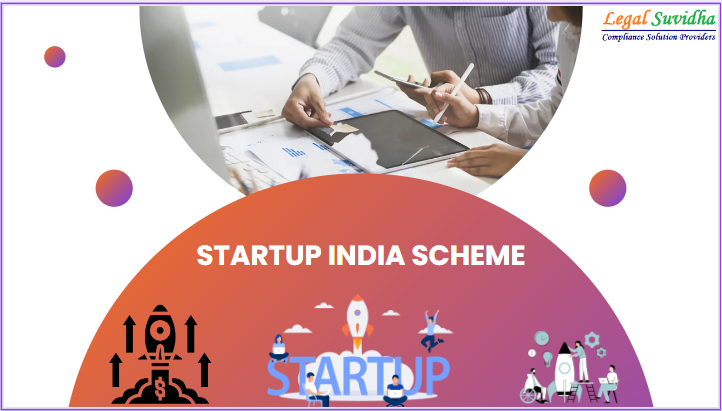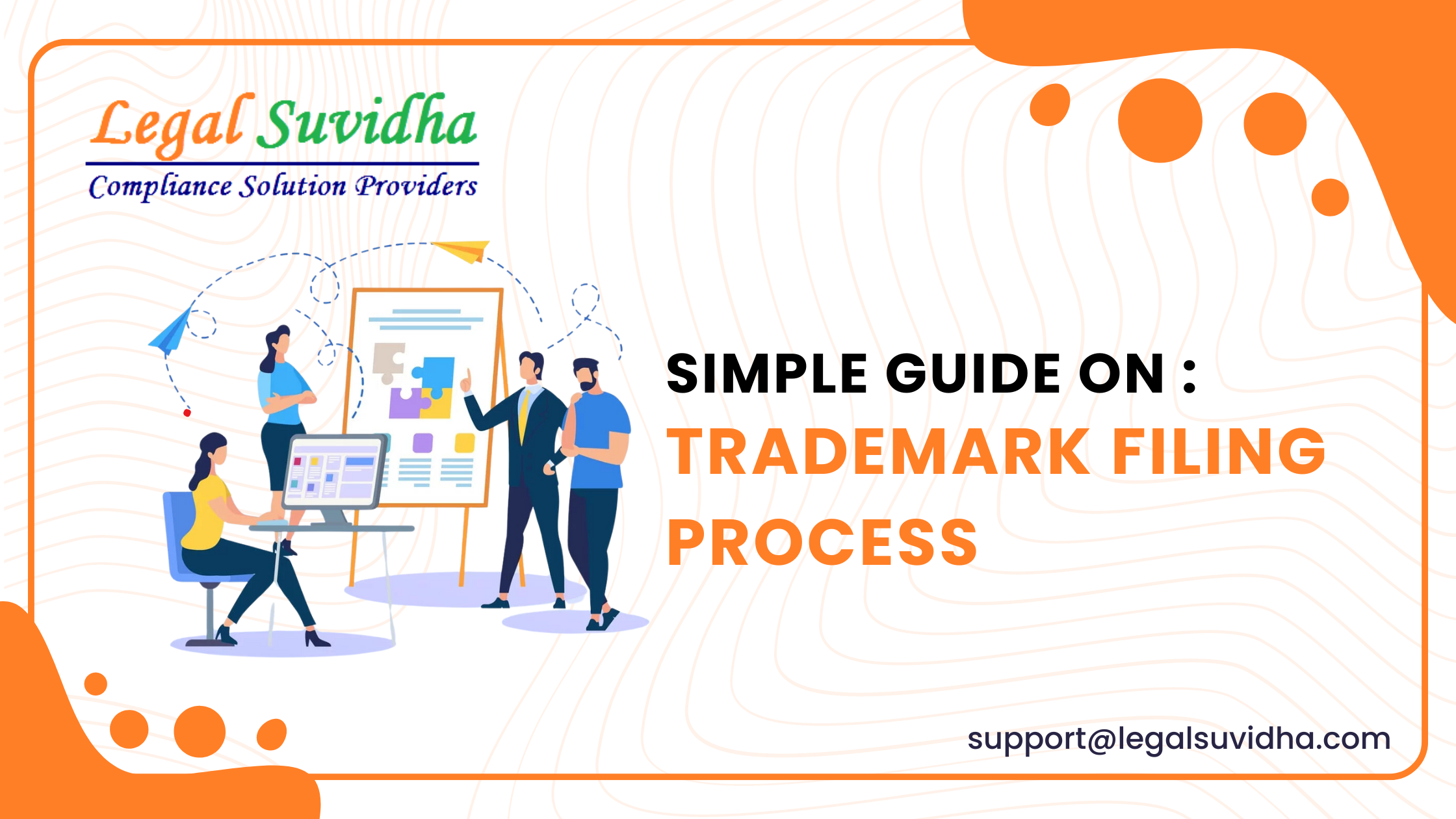STARTUP INDIA SCHEME: DEFINITION, ELIGIBILITY & TAX EXEMPTION
The Startup India Scheme is an initiative of the Government of India in 2016. The primary objective of Startup India is the promotion of startups, the generation of employment, and wealth creation.
Startup India has initiated several programs for building a robust startup ecosystem and transforming India into a country of job creators instead of job seekers. These programs are managed by the Department for Industrial Policy and Promotion (DPIIT).
What are the benefits?
Under the Startup India Initiative, the companies which are registered under DPIIT are eligible to receive the following benefits:
Simplification and Handholding – Easier compliance, easier exit process for failed startups, legal support, fast-tracking of patent applications, and a website to reduce information asymmetry.
Funding & Incentives – Exemptions on Income Tax and Capital Gains Tax for eligible startups; a fund of funds to infuse more capital into the startup ecosystem and a credit guarantee scheme.
Incubation & Industry-Academia Partnerships – Creation of numerous incubators and innovation labs, events, competitions, and grants.
Startup India Scheme is one of the flagship initiatives of the Central Government of India. Under Startup India Scheme, several programs are rolled out with the following objectives –
- To support entrepreneurs;
- To build a robust startup ecosystem;
- To transform India from a country of job seekers to a country of job creators; etc.
Eligibility criteria under the Startup India Scheme –
Eligibility criteria to be satisfied for availing benefits under Startup India Scheme are tabulated hereunder –
1. Type of company-
The Startup must be incorporated in any of the following forms-
- Private Limited Company under the Companies Act, 2013;
- Limited Liability Partnership under Limited Liability Partnership Act, 2008;
- Partnership firm under Partnership Act, 1932.
2. Maximum cap of Annual Turnover-
The Startup should not have an annual turnover of more than INR 25 Crores.
3. Type of business-
The Startup should be engaged in developing some new product/ service. Additionally, the following conditions should also be satisfied –
- The aim of the Startup should be to develop/ commercialize the new product/ service or significantly improve the existing product/ service which enables to add/ enhance value to customers or workflow;
- The Startup must be majorly working towards the development; innovation; commercialization or deployment of the product/ service that is specifically driven by intellectual property or the latest technology;
- The Startup should not be involved in developing a product/ service that doesn’t have the potential for commercialization or developing an undifferentiated product/ service which has NIL or limited incremental value for customers/ workflow.
4. Formation-
The Startup should not have been formed out of the splitting/ reconstruction of the business. Notably, any company formed out of splitting an organization into two or more businesses will not be eligible under Startup India Scheme.
5. Necessary approval and documents-
The Startup needs to have the following approval and documents – Approval from the inter-ministerial board of DIPP i.e. the Department of Industrial Policy and Promotion; Recommendation from –
1. Incubator established in any post-graduation college;
2. Incubator recognized by the Government of India;
3. Incubator funded by the Government with regard to a scheme to promote innovation.
Letter of –
1. At least 20% equity funding from an angel fund or an incubation fund or a private equity fund or an accelerator/ angel network;
2. Funding from the Central Government/ State Government as part of any scheme of promoting innovation. The patent is filed as well as published in journals of the Indian Patent Office in a specific area of product/ service.
As per the Start-up India Action plan, the followings conditions must be fulfilled to be eligible as Start-up:
1. Up to 10 years from the date of incorporation/registration
2. Is a private limited company or registered as a partnership firm or a limited liability partnership.
3. Has an annual turnover not exceeding Rs. 100 crores for any of the financial years since incorporation/registration.
4. Is working towards innovation, development, or improvement of products or processes, or services, or if it is a scalable business model with a high potential of employment generation or wealth creation.
5. It is not formed by splitting up or reconstructing a business already in existence.
Tax exemptions allowed to Eligible Startups under Startup India Program
1. 3-year tax holiday in a block of seven years: Start-ups will be eligible for getting a 100% tax rebate on profit for a period of three years in a block of seven years.
This will help the start-ups to meet their working capital requirements during their initial years of operation. A such deduction would be available upon filing an application with DPIIT provided that annual turnover does not exceed Rs.25 crores in any financial year.
2. Exemption from tax on Long-term capital gains u/s 54EE: A new section 54 EE has been inserted in the Income Tax Act for the eligible start-ups to exempt their tax on a long-term capital gain if such a long-term capital gain or a part thereof is invested in a fund notified by the Central Government within a period of six months from the date of transfer of the asset.
The maximum amount that can be invested in the long-term specified asset is Rs 50 lakh. Such amount shall be remained invested in the specified fund for a period of 3 years.
If withdrawn before 3 years, then the exemption will be revoked in the year in which the money is withdrawn.
3. Tax exemption on investments above the fair market value: Domestic companies are required to issue their shares at fair market value (FMV) determined on a net assets value basis or discounted cash flow basis determined by the merchant banker.
Any amount received by the company from residents in India in excess of FMV is liable to tax in the hands of the company (popularly known as ‘Angel tax’).
Upon filing the requisite declaration with DPIIT and subject to certain conditions, Eligible start-ups are exempted from Angel tax.
4. Tax exemption to Individual/HUF on investment of long-term capital gain in equity shares of Eligible Start-ups u/s 54GB: The existing provisions u/s 54GB allows the exemption from tax on long-term capital gains on the sale of a residential property if such gains are invested in the small or medium enterprises as defined under the Micro, Small and Medium Enterprises Act, 2006.
But now this section has been amended to include exemption on capital gains invested in eligible start-ups also. Thus, if an individual or HUF sells a residential property and invests the capital gains to subscribe the 50% or more equity shares of the eligible start-ups, then tax on long-term capital will be exempt provided that such shares are not sold or transferred within 5 years from the date of its acquisition.
The start-ups shall also use the amount invested to purchase assets and should not transfer assets purchased within 5 years from the date of its purchase.
This exemption will boost the investment in eligible start-ups and will promote their growth and expansion.









